Kerala’s Nursery For Future Women Politicians
Many shy, home-bound women have now transformed into active political leaders who are bringing a larger change in their community. Thanks to one poverty alleviation programme.
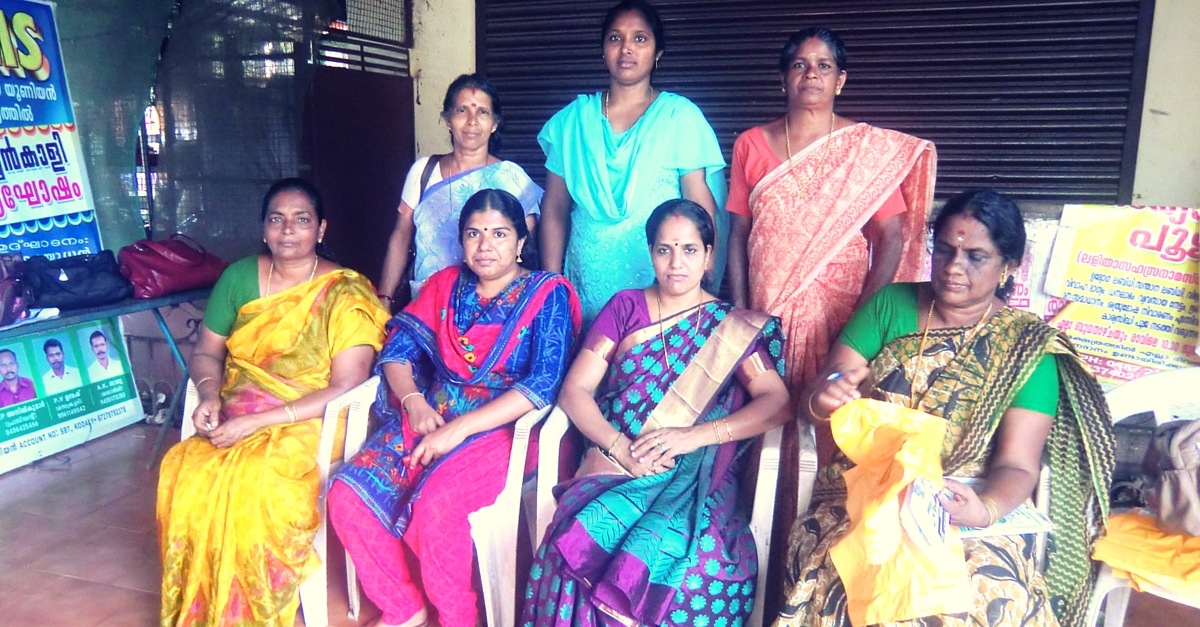
Many shy, home-bound women have now transformed into active political leaders who are bringing a larger change in their community. Thanks to one poverty alleviation programme.
What does a woman need to make her mark in electoral politics in India? Belong to a political family, be close to one, or have the blessings of a powerful male politician? It’s a yes to all of these – whether it is at the grassroots, where it’s easier for a woman whose family member(s) has served on the panchayat to get elected or in the urban setting, where climbing the political ladder is virtually impossible without the right connections.
However, Bindu Shivadasan, 40, has defied these prevalent norms to get elected as the President of the Mattathur Gram Panchayat in Thrissur district of Kerala.
When this once simple homemaker decided to contest the polls a few years ago she neither had the support of the political big-wig of the area nor the benefit of years of political grooming in party cadres.
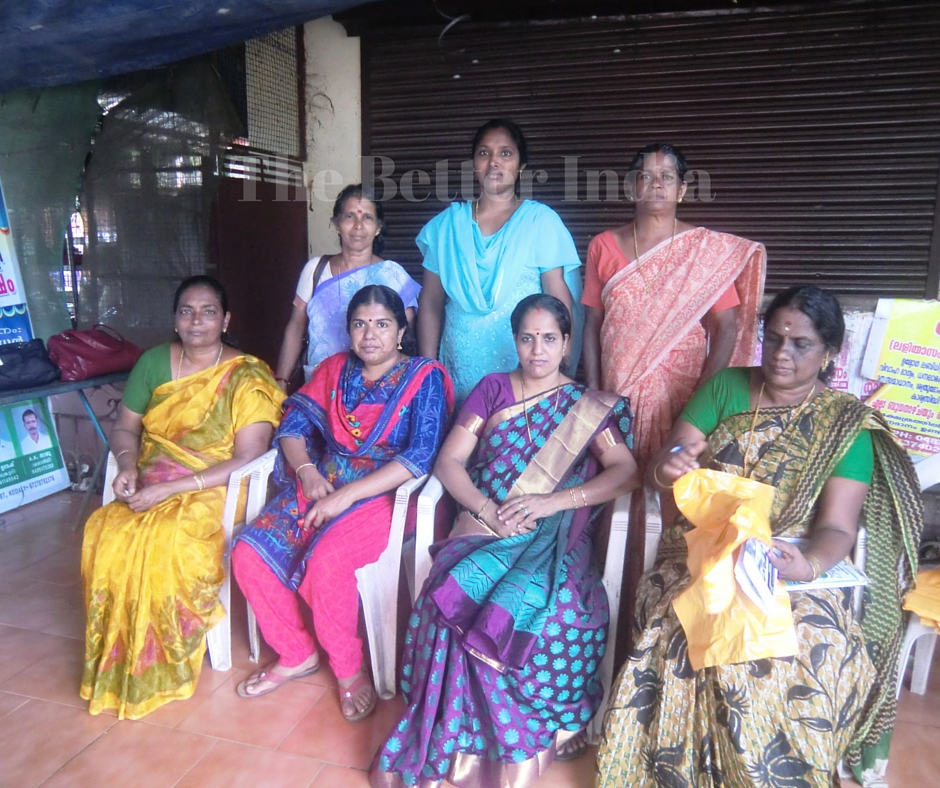
What she did have at her disposal was a broad community network of women just like her, considerable experience in micro-credit and micro-entrepreneurship, a deep understanding of the community’s issues and a friend in almost every home in every village in the panchayat.
After all, as a long time Kudumbashree member Bindu had already managed to secure financial freedom for herself and other women in the area and she was ready to go to the next level – exert her powers to provide good governance.
In Kerala, the hugely successful Kudumbashree poverty alleviation programme has changed the life of hundreds of thousands of women facilitating their economic and, subsequently, political empowerment.
Bindu’s journey has been no different. “I was a homemaker completely dependent on my husband, catering to his needs and doing everything as per his wishes. I had hardly ever stepped out of the house and had no opinion on any matter. Till I became a part of the Sridevi Swayam Sahay, one of the neighbourhood groups created under Kudumbashree. Suddenly, a whole new world opened up for me,” she recalls.
A joint initiative of NABARD and Kerala government, the programme is being implemented through a three-tier model comprising Neighbourhood Groups (NHGs) at the grassroots, then the Area Development Societies (ADSs), which are made up of representatives from the NHGs, and finally, the Community Development Societies (CDSs) that operate at the panchayat level with members elected through the ADSs.
“My group elected me to the ADS and later to the CDS. Along the way, my interactions with my fellow sisters, their family members and the community as a whole increased. I became aware of the various problems faced by women. Many group discussions automatically veered towards community development matters. I gradually started understanding people’s concerns and wanted to find workable solutions,” shares Bindu.
It was then that this able leader took the “conscious decision” to fight the panchayat elections. She elaborates, “I had already been on the other side of the table, lobbying with panchayat members and district officials to secure the various benefits and grants under the Kudumbashree programme. I soon realised that I was ready for the next step. I wanted to be on the other side – to implement schemes with a better know-how of what all it entails.”
That the Kudumbashree has indeed metamorphosised into a nursery for women political leaders is clear from the fact that in 2010, some 11,000 members contested the local self government polls and nearly 50 per cent of them actually won.
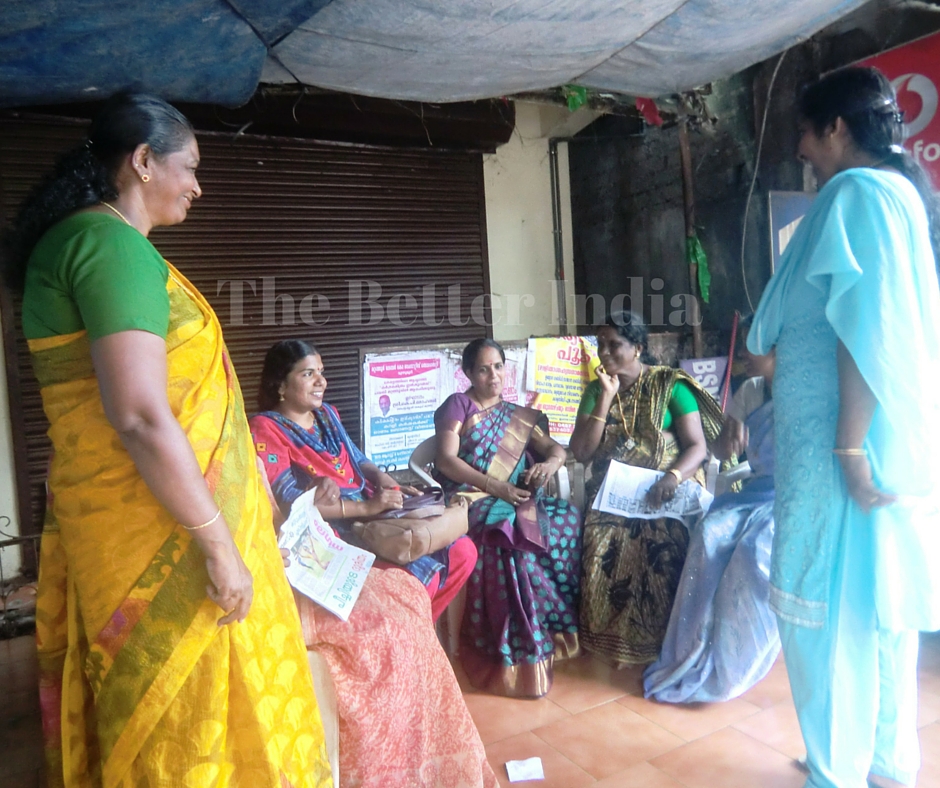
In fact, Kerala’s Minister for Welfare of Scheduled Tribes and Youth Affairs, P.K. Jayalakshmi, too, has emerged through this system.
Sheela Tilakan, 37, who had started out years back as a member of the Priyam NHG is now overseeing the planned growth of several villages in Mattathur panchayat, as the Chairperson of the Panchayat Development Committee.
“The Kudumbashree programme is not just helping women become self-sufficient financially through its micro-credit and micro-enterprise wings but it has become a medium for discovering and unleashing women’s collective strength and using it effectively at the household, community, social and political levels,” she remarks.
Sheela’s astute assessment is bang on. What sets Kudumbashree apart from other interventions of its ilk is that it sees poverty not only in terms of financial deprivation but as a denial of basic rights. Therefore, it helps impoverished women gain a monetary foothold as well as find a political voice. After all, the prosperity and progress of a community is directly linked to the effectiveness of its elected representatives and so bringing their own members, who have a close understanding of everyday realities, to the panchayat is a sure shot way to ensure that things get done.
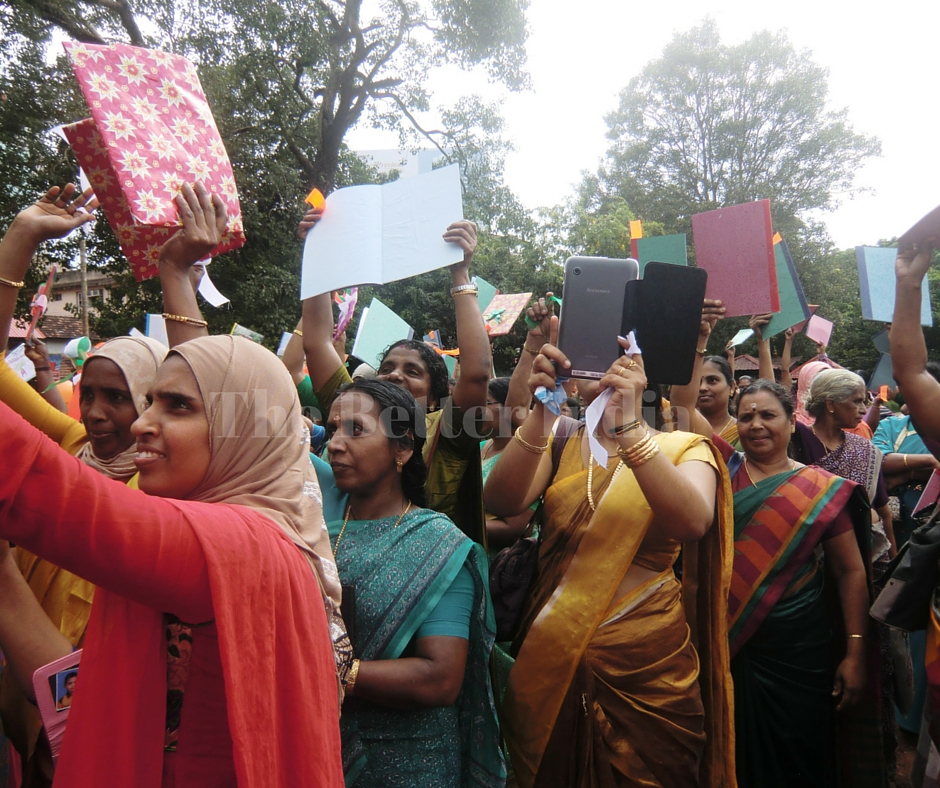
“Over the last 17 years, the Kudumbashree network has surely become a force to reckon with. It catapults women to the PRIs, brings their particular needs to the attention of the local government bodies and plays an important role in the implementation of the government programmes. All this aids in development activities ranging from community resource management, enterprise development, agriculture, and so on,” explains Ratnam Arvindakshan, 57, CDS Chairperson, Mattathur panchayat, who transformed into a dynamic leader once she joined Kudumbashree 15 years ago.
Today, across hundreds of villages that dot Thrissur, PRIs are doing good work and riding high on the success of the relationship that the Kudumbashree women and the female elected leaders share.
Kudumbashree groups are being tapped for the identification and selection of government beneficiaries, homing in on individual and community needs as well as for community outreach.
Ajith Kumar, President, Panchayat President’s Association, Thrissur, points out, “Any intervention undertaken by the panchayat like rehabilitating the poor, universalising Take Home Ration, introducing computer education in schools, and so on, is being realised with the assistance of Kudumbashree women.”
At present, Kudumbashree is actively working with panchayats across the state to conduct the first ever community validation of the BPL lists.
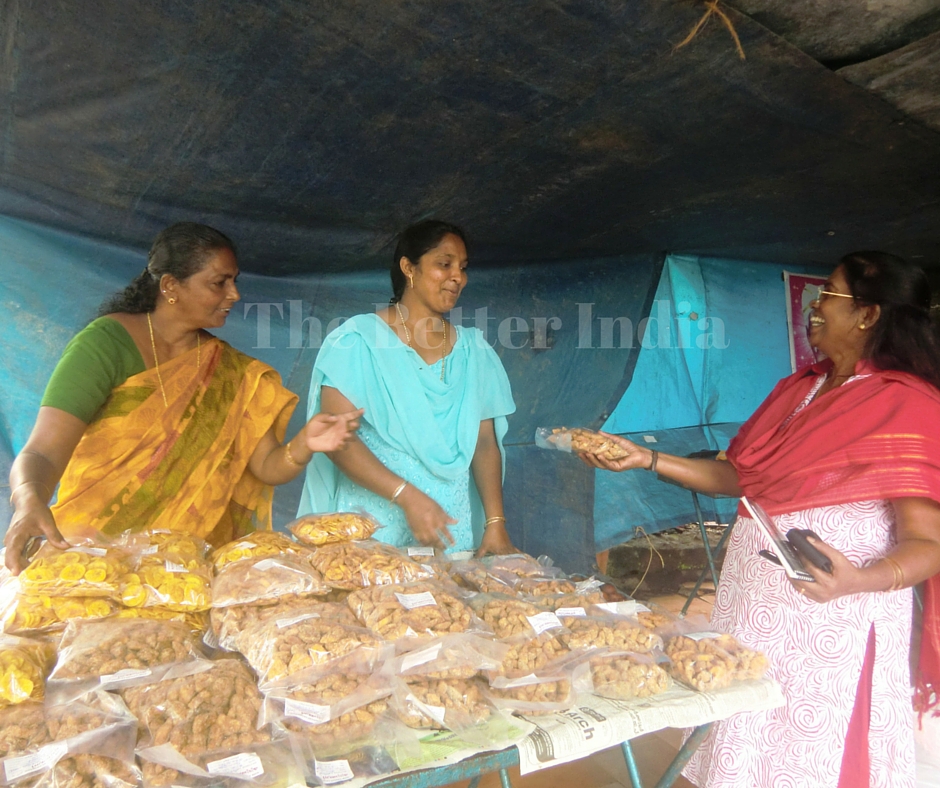
With Bindu Shivadasan heading the Mattathur Gram Panchayat, women like Rosalie Kurien, 48, from Chungaal village know that their concerns related to healthcare, livelihood, education, sanitation or proper disbursal of public distribution system rations – essentially matters that impact the quality of daily life – will always remain a priority on the governance agenda.
Moreover, she and other members of her Kudumbashree group also make time to participate in the gram sabhas because it is a “common development platform where we can freely speak our mind”. Incidentally, Rosalie, an entrepreneur, runs a successful business venture along with her Kudumbashree group these days, with each member earning about Rs 5000-Rs 10,000 every month.
She says, “I used to run a catering business on my own serving Kerala vegetarian food only. Then five of us formed a NHG, Ojus, and took the training provided by our Kudumbashree Zilla Mission. We learnt how to prepare different kinds of foods like biryanis and other non-vegetarian delicacies and confidently expanded our catering menu. Additionally, we were taught how to make pickles. With support from the larger network, we are doing well.”
Kudumbashree governing council member Rajendran A. is mindful of the unique powers this intervention has been able to vest in the state’s women. “Their spirit of enterprise and political awakening is reflected best through this programme. Women members have been able to set new benchmarks in self-reliance.” Adds Abdul Majid, Kudumbashree District Mission Coordinator, Thrissur, which has 23,000 NHGs, “Besides ushering in financial stability, these women have carved a niche for themselves in politics and are contributing to maintain communal harmony as the groups are heterogeneous in composition.”
Financial independence, an opportunity to pick up organisational skills and a stake in governance have truly paved the way for Kudumbashree women to stake their claim to their rightful place in local and state politics. Perhaps it will not be long before Bindu, Ratnam or Sheela will be influencing policy-making like their predecessor P.K. Jayalakshmi.
Like this story? Or have something to share? Write to us: [email protected], or connect with us on Facebook and Twitter (@thebetterindia).
If you found our stories insightful, informative, or even just enjoyable, we invite you to consider making a voluntary payment to support the work we do at The Better India. Your contribution helps us continue producing quality content that educates, inspires, and drives positive change.
Choose one of the payment options below for your contribution-
By paying for the stories you value, you directly contribute to sustaining our efforts focused on making a difference in the world. Together, let’s ensure that impactful stories continue to be told and shared, enriching lives and communities alike.
Thank you for your support. Here are some frequently asked questions you might find helpful to know why you are contributing?


This story made me
-
97
-
121
-
89
-
167













